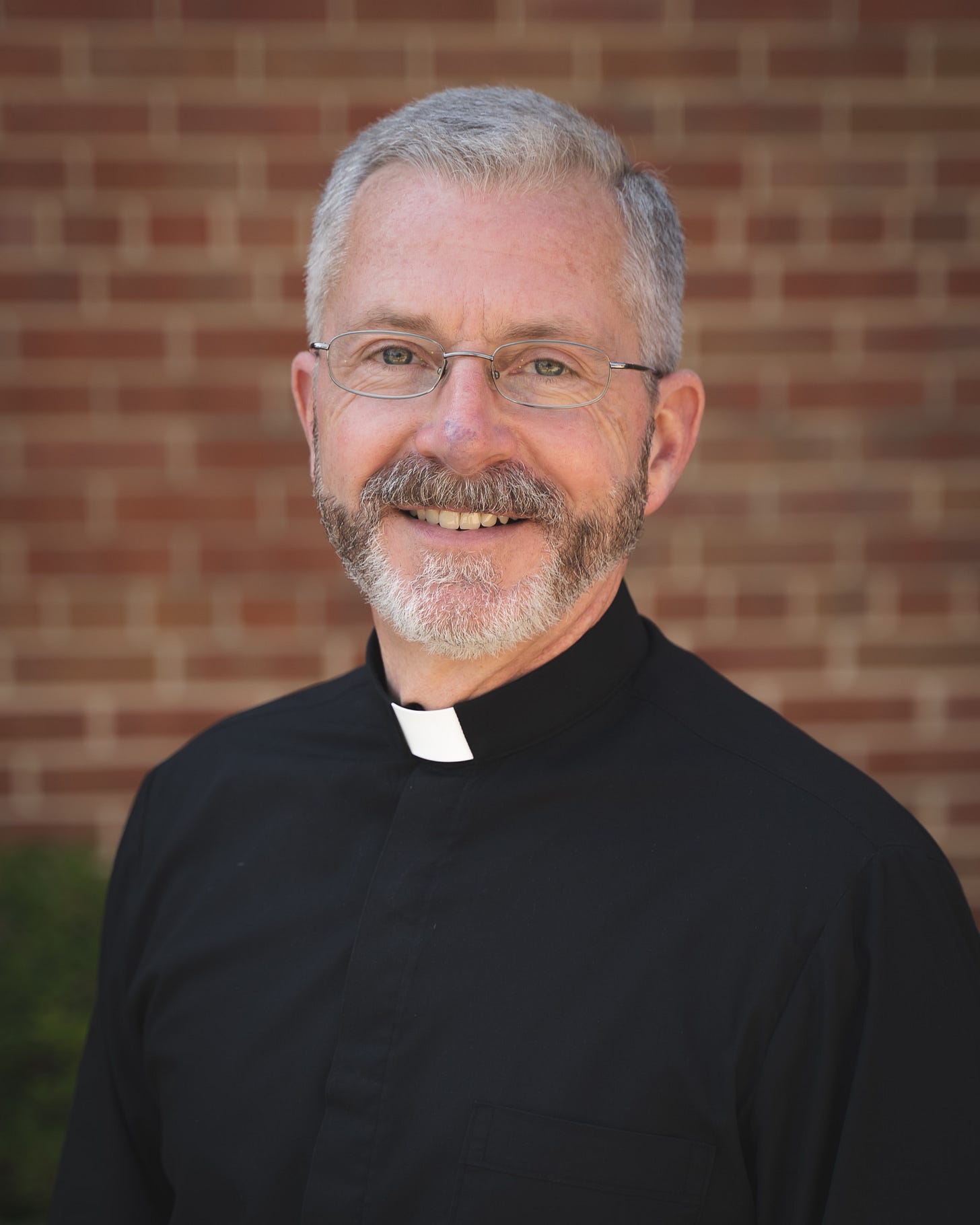‘We don’t just speak for ourselves’ - Priest prepares for Vatican synod session
Five U.S. priests will participate in a Vatican synod on synodality session for pastors
The USCCB announced last month that five U.S. parish priests will participate in a global gathering of parish priests to take place in Rome at the end of April, as part of the synod on synodality.
The Vatican meeting was announced amid concern that few pastors were included in the global synod on synodality meeting held …

